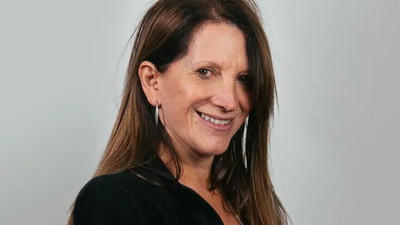Better Global Disability Data Needed to Ensure No One is Left Behind

Liberal Democrat International Development Minister, Lynne Featherstone, has called for the international community to do more to stop people with disabilities being left behind.
Speaking at the Disability Date Conference in London, Lynne said better global disability data is needed in order to improve support for those affected in developing countries.
Lynne called on international development donors, civil society organisations and academics to strengthen the quality of information they collect about disability by using a single method of data collection.
At present, different definitions of disability and inconsistent information gathering have led to a gap in reliable global disability data.
This difficulty in has deterred governments from incorporating the needs of those people with disabilities into basic services and preventing them from receiving the help they need.
Lynne Featherstone said: "It's a sad truth that in many developing countries people with disabilities simply don't count. No data is collected on their disabilities nor their abilities, so it's as if they just don't exist. This gap in disability data must urgently be addressed. Until we have more concrete evidence on disability, it is far too easy for governments and others to continue to ignore the people who are already some of the most neglected in society.
"As we prepare for the post-2015 development framework and the principle of 'leave no one behind', we must be sure that everyone is accounted for. This includes the 1 billion-plus people living with disability. Only by having the right information from the start will we be able to do this properly."
At the conference, Lynne also announced at the conference that all water, sanitation and hygiene programmes delivered on behalf of the Department for International Development (DFID) will now need to be sensitive to the needs of people with a disability.
